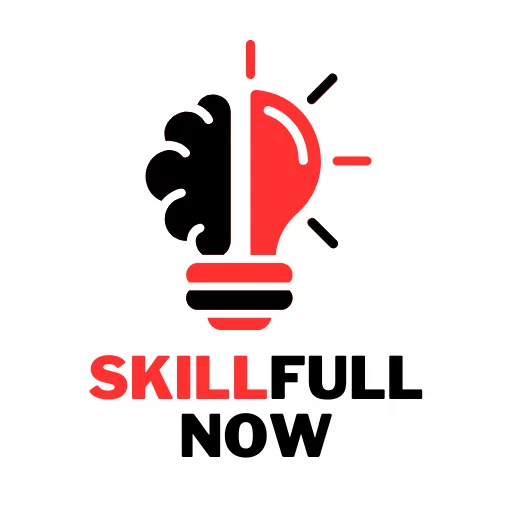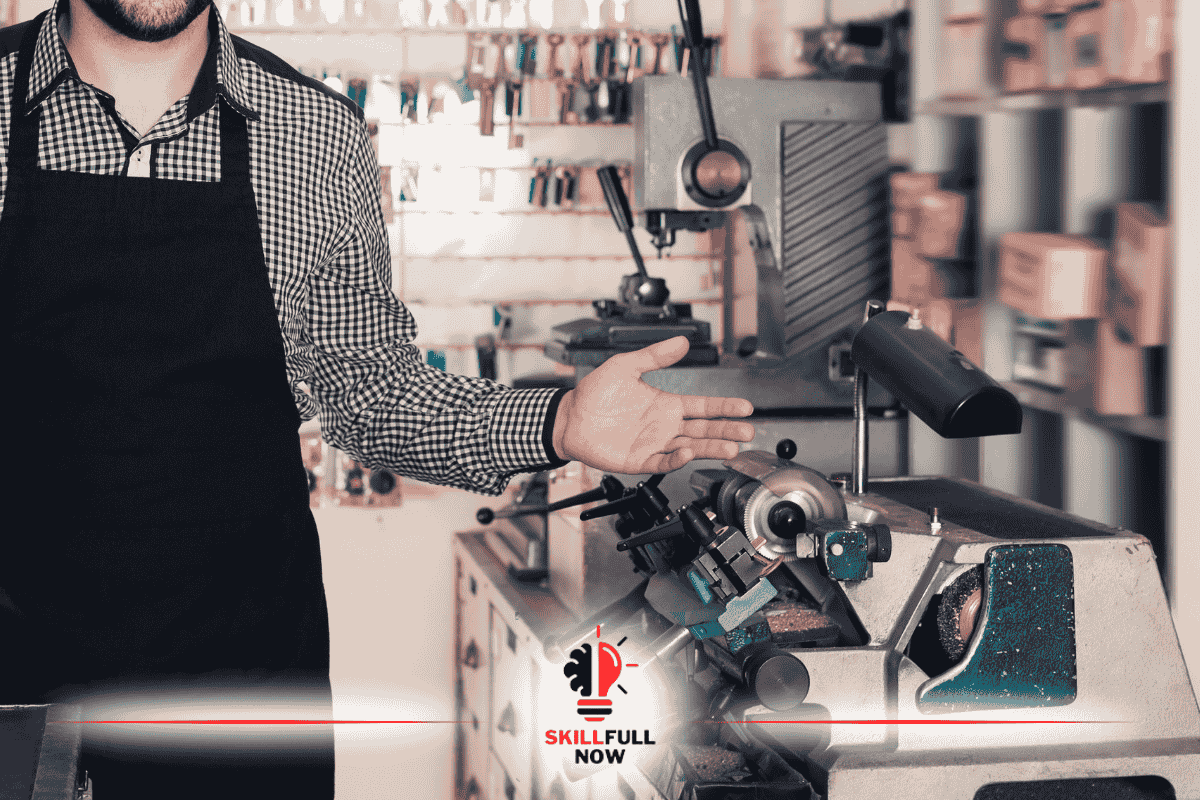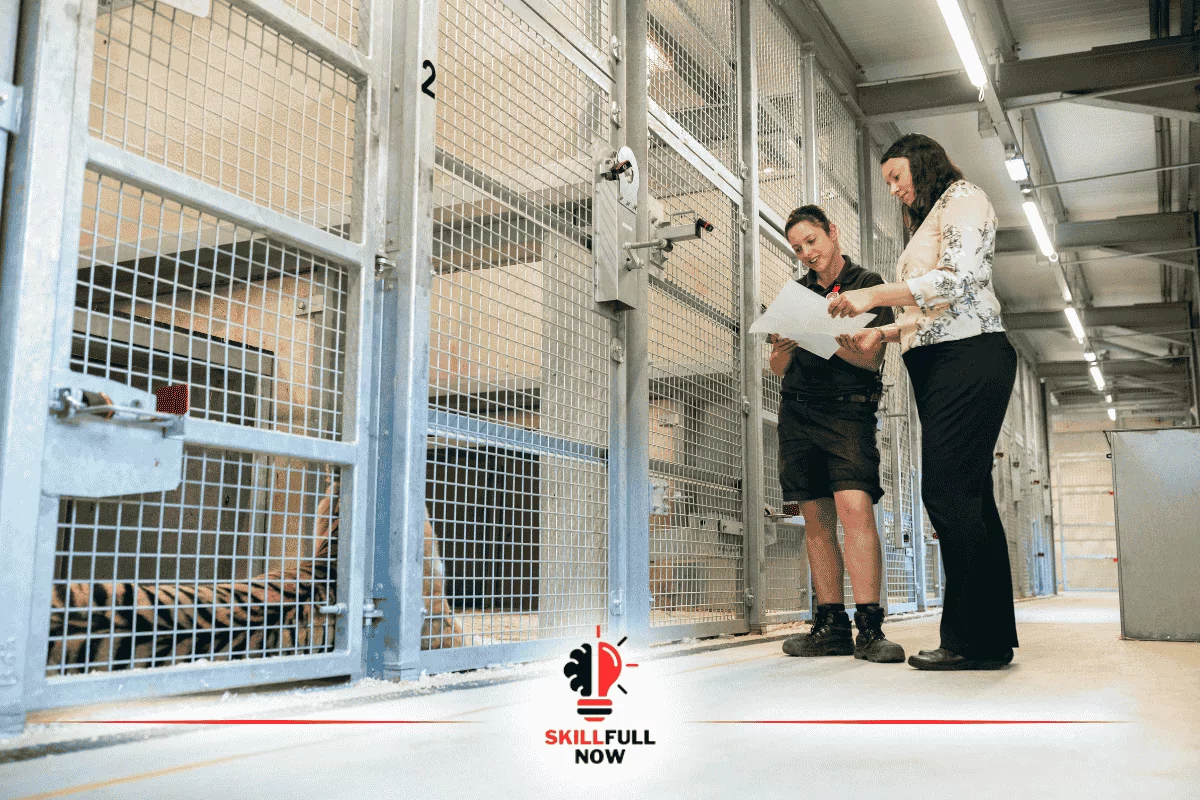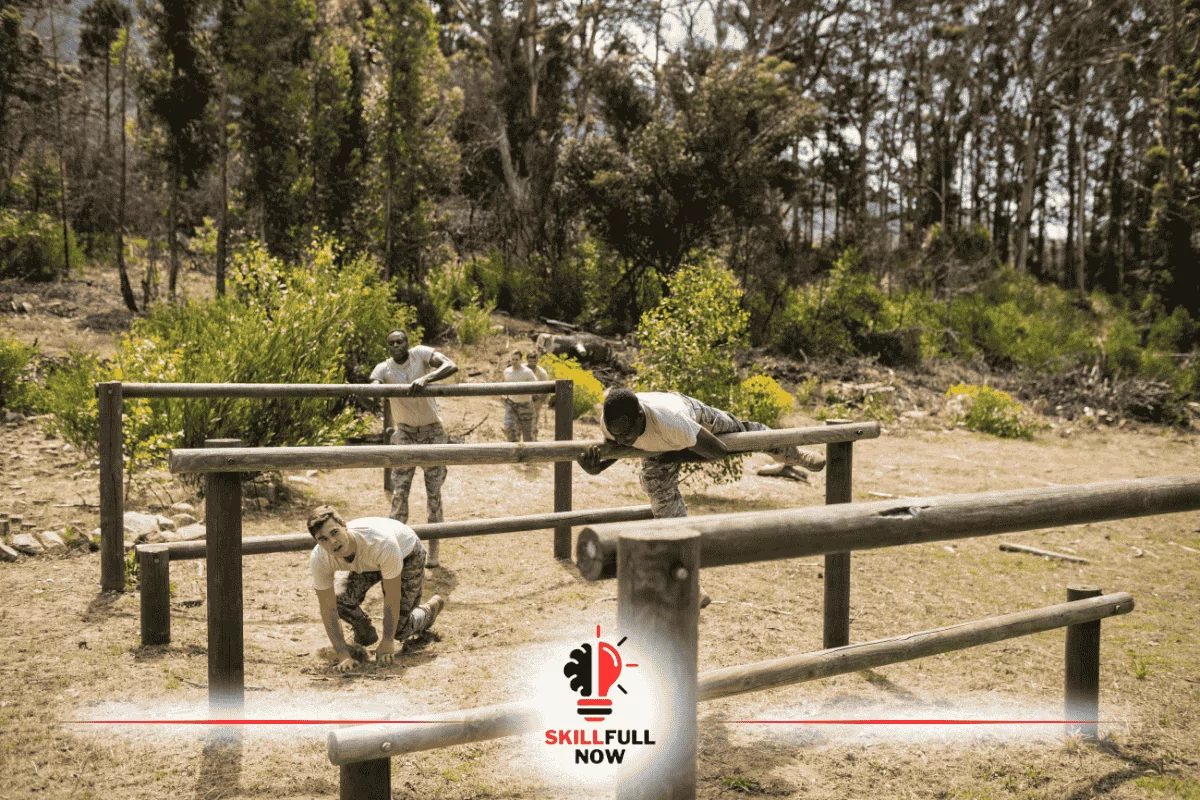Technical Skills in Nursing

In the fast paced world of healthcare, precision is everything. A Technical Skills in Nursing can ripple through a patient’s recovery journey, turning a simple task into a critical complication. That’s where nursing’s technical expertise becomes indispensable. Consider this: nearly 70% of medical errors are preventable with proper training and skill application. This isn’t just about knowing how to draw blood or operate a cardiac monitor—it’s about mastering the tools and techniques that save lives every day.
As nurses, we hold the frontline. From navigating advanced equipment to interpreting life-altering data, our technical skills form the backbone of modern care. But let’s face it: the rapid evolution of technology and procedures can feel overwhelming. How do we stay ahead? By honing our skills relentlessly, learning continuously, and applying knowledge with confidence.
In this article, we’ll dive deep into the essential technical skills in nursing that elevate patient care, improve outcomes, and empower you to lead in your profession. Whether you’re a seasoned nurse or just starting your journey, there’s actionable insight here to sharpen your expertise and redefine your approach. Ready to take your skills to the next level? Let’s get started!
Understanding the Importance of Technical Skills in Nursing
Technical skills in nursing are not just about operating medical equipment or performing procedures; they encompass a wide range of competencies that ensure patients receive accurate diagnoses and effective treatments. From administering medication to handling life-saving devices, these skills form the foundation of high-quality healthcare.
Why Are Technical Skills Crucial in Nursing?
Technical skills in nursing are indispensable for:
- Enhancing patient safety and minimizing errors.
- Streamlining workflow and boosting efficiency.
- Improving communication and collaboration in multidisciplinary teams.
- Elevating patient satisfaction and trust in care providers.
Key Technical Skills Every Nurse Should Master
1. Medication Administration and Dosage Calculation
Administering medication accurately is a cornerstone of nursing practice. Nurses must understand dosage calculations, side effects, and contraindications to prevent medication errors. This requires both theoretical knowledge and hands-on practice.
2. Proficiency in Medical Equipment Use
Nurses frequently use advanced medical equipment, such as ventilators, infusion pumps, and cardiac monitors. Proficiency in these tools ensures optimal patient care while reducing downtime caused by technical malfunctions.
3. Wound Care and Dressing Application
Proper wound care promotes faster healing and prevents infections. Nurses should be adept at assessing wounds, selecting appropriate dressings, and educating patients on aftercare.
Advancing Your Career Through Specialized Technical Skills
1. IV Insertion and Cannulation Techniques
IV insertion is a routine yet critical procedure in nursing. Mastering cannulation techniques ensures patient comfort and reduces complications such as phlebitis or infiltration.
2. Monitoring Vital Signs with Accuracy
Vital signs are key indicators of a patient’s health status. Nurses must skillfully monitor and interpret heart rate, blood pressure, temperature, and oxygen saturation.
3. Emergency Response and Life Support Skills
In emergencies, a nurse’s technical skills can mean the difference between life and death. Proficiency in Basic Life Support (BLS) and Advanced Cardiovascular Life Support (ACLS) is essential for handling critical situations effectively.
Read About; Electrician Skills for Resume
Integrating Technology in Nursing Practice
1. Electronic Health Records (EHR) Management
EHRs have revolutionized patient care by enhancing data accessibility and reducing paperwork. Nurses need to efficiently document patient information, access medical histories, and collaborate with healthcare teams.
2. Telehealth and Remote Patient Monitoring
Telehealth is a game-changer, allowing nurses to provide care remotely. Understanding telehealth platforms and monitoring devices expands the reach of nursing services and improves access for underserved populations.
Developing Soft Skills Alongside Technical Expertise
While technical skills in nursing are essential, they are most effective when paired with strong communication, empathy, and adaptability. For instance, explaining complex medical procedures in layman’s terms ensures patient understanding and compliance.
Training and Certification: Boosting Technical Skills
1. Importance of Continuous Learning
Healthcare evolves rapidly, and nurses must stay updated through ongoing education. Attending workshops, enrolling in certification programs, and pursuing advanced degrees enhance both confidence and competence.
2. Specialized Certifications
Certifications such as Critical Care Registered Nurse (CCRN) or Certified Emergency Nurse (CEN) validate advanced technical skills and open doors to specialized roles.
Challenges in Acquiring Technical Skills in Nursing
Despite the importance of technical skills, nurses often face barriers such as:
- Limited access to training resources.
- High workload, leaving little time for skill development.
- Rapid technological advancements requiring frequent updates.
Overcoming these challenges requires institutional support, mentorship, and personal dedication to professional growth.
Conclusion
Mastering technical skills in nursing is vital for delivering high-quality care in an increasingly complex healthcare landscape. From handling sophisticated equipment to responding to emergencies, these skills empower nurses to make a meaningful impact on patients’ lives. Coupled with continuous learning and a commitment to excellence, technical expertise paves the way for a fulfilling and impactful nursing career.
See Also; Revo Technologies Murray Utah
FAQs
How do technical skills differ from soft skills in nursing?
Technical skills involve hands-on competencies like administering injections, while soft skills include communication and emotional intelligence.
Why is ongoing training important for nurses?
Ongoing training ensures nurses stay updated with advancements, improving patient outcomes and career growth opportunities.
What are some common technical skills for new nurses?
New nurses should focus on vital sign monitoring, IV insertion, medication administration, and basic wound care.
How does technology impact technical skills in nursing?
Technology enhances efficiency and accuracy but requires nurses to adapt to tools like EHRs and telehealth platforms.
What is the role of mentorship in skill development?
Mentorship provides guidance, practical insights, and encouragement, accelerating skill acquisition and confidence building.
Can nurses specialize in technical skills?
Yes, nurses can pursue certifications or advanced training in areas like critical care, pediatrics, or oncology to specialize.






Xin chào, tôi muốn biết giá của bạn.